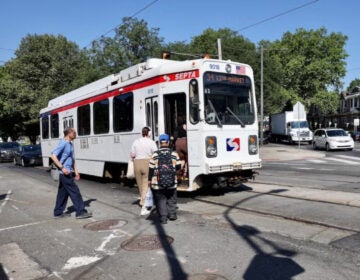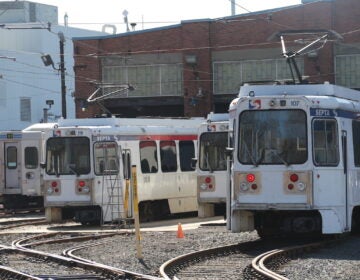Riders applaud fiscal management, air grievances at SEPTA operating budget hearing
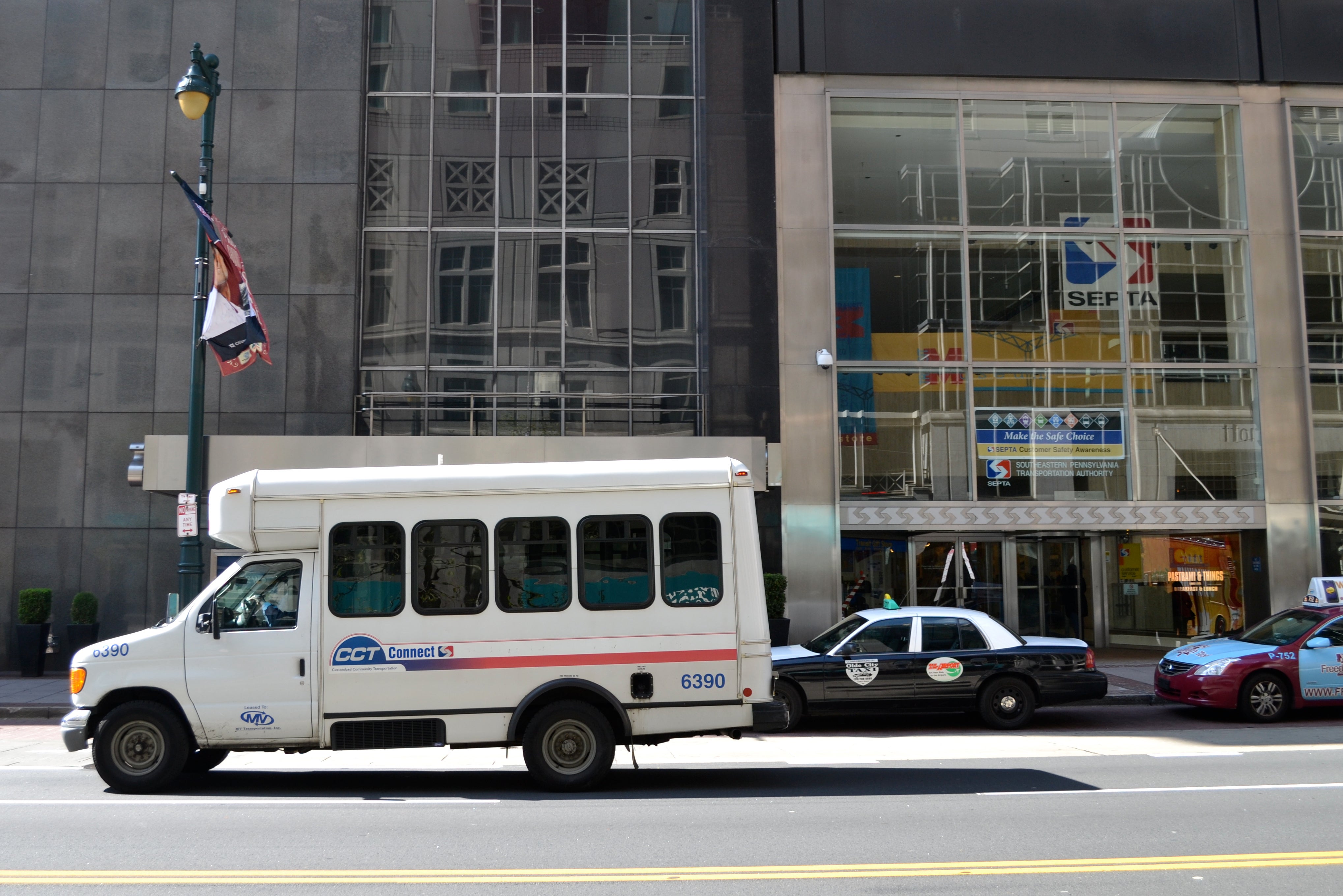
As they have and will throughout this week of public hearings, a few members of the public provided SEPTA’s budget examiners feedback on the authority’s proposed annual operating budget and five-year financial plan.
But mostly they complained.
Ostensibly an opportunity for members of the concerned public to question fiscal decisions like fare increases or employment costs, the operating budget hearings often default to an annual airing of the grievances.
Next week’s capital budget hearings will bring out SEPTA’s supporters: the self-described railfans and transit geeks who get downright giddy over the idea of restoring trolley service along Delaware Avenue or implementing a Bus Rapid Transit system on Roosevelt Boulevard. Since passage of Act 89 in 2013, which boosted SEPTA’s annual construction budget by hundreds of millions, the capital budget has been the belle of the bus-lover ball. Meanwhile, the operating budget has remained the diligent, slightly dorky kid who actually organized the dance, working in relative anonymity and attracting the attention of far fewer suitors.
Still, the operating budget’s efforts did not go completely unnoticed. In addition to the small group of grousers at today’s hearing, representatives from the Delaware Valley Association of Rail Passengers (DVARP) and the Tri-State Citizens’ Council on Transportation provided targeted feedback on the budget. DVARP president Matthew Mitchell expressed concerns over a sharp increase in the cost of leasing tracks from Amtrak. In the next two years, SEPTA’s rent to Amtrak will increase nearly 60 percent, from $28.6 million this year to $46.8 million in Fiscal Year 2017. SEPTA’s not suffering the sharp rise alone: Amtrak has demanded higher rents from local commuter railroads across the nation in an attempt to generate more revenues.
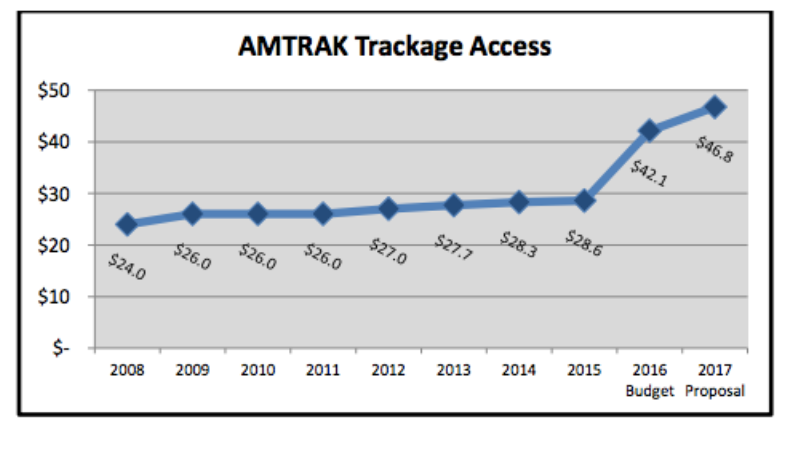
Despite that concern, Mitchell largely praised the budget, applauding the authority’s decision to postpone scheduled fare increases. Written testimony submitted by the Tri-State Citizen’s Council urged SEPTA to focus more on increasing revenues by attracting more riders.
Even though today’s complaints may be misdirected at the hearing examiners, they aren’t necessarily off base. This year’s primary complaints, admittedly based off of Tuesday morning’s frightfully small sample size, are with SEPTA’s paratransit systems. Carol Miller, a senior with limited mobility, had her troubles with canceled Customized Community Transportation (CCT) pickups entered into the record. Thaddeus Robinson, who also sits on SEPTA’s Citizens Advisory Committee, lamented long waits and dropped calls using the phone system for arranging CCT pickups.
A quarter century following passage of the Americans with Disabilities Act (ADA), it’s still difficult to get around town for the 128,000 Philadelphians with ambulatory disabilities. SEPTA is just one actor in this cruel play full of inaccessible businesses, missing curb ramps, and broken elevators.
Improving accessibility costs money, though, and a lot of it. SEPTA has steadily increased its operating budget for ADA-related services in recent years. If the budget proposal passes, the ADA operations budget will rise to $51.4 million in 2017, a $11.3 million, or 28 percent, increase since 2012.
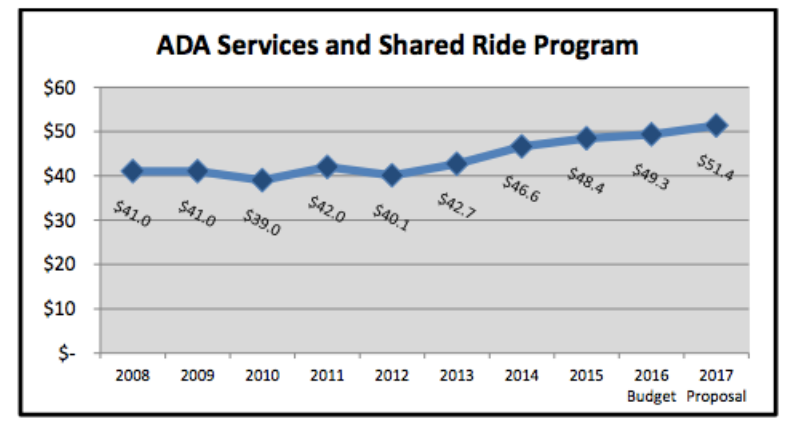
Despite the budget increases, problems persist. Helen Ubinas provided a rundown on SEPTA’s overworked system in a recent column:
CCT is a big operation, 7,500 rides on any given weekday between its ADA paratransit service and shared-ride program. There are 457 vehicles among six contractors overseen by SEPTA. Because of the volume, appointments must be made at least a day in advance. They try to book customers within two hours of their request times, but during peak hours, I was told, customers have to be “flexible.” Rides can be scheduled to arrive at the customer’s pickup location 10 minutes before and up to 20 minutes after the scheduled time.
SEPTA’s operating budget for 2017 weighs in at $1.41 billion, with $642.8 million coming from the Commonwealth of Pennsylvania, $82.3 million from the federal government, and $96.8 million from the five counties SEPTA serves. Revenues, almost entirely from passenger fares, are estimated to bring in $536.5 million.
WHYY is your source for fact-based, in-depth journalism and information. As a nonprofit organization, we rely on financial support from readers like you. Please give today.




